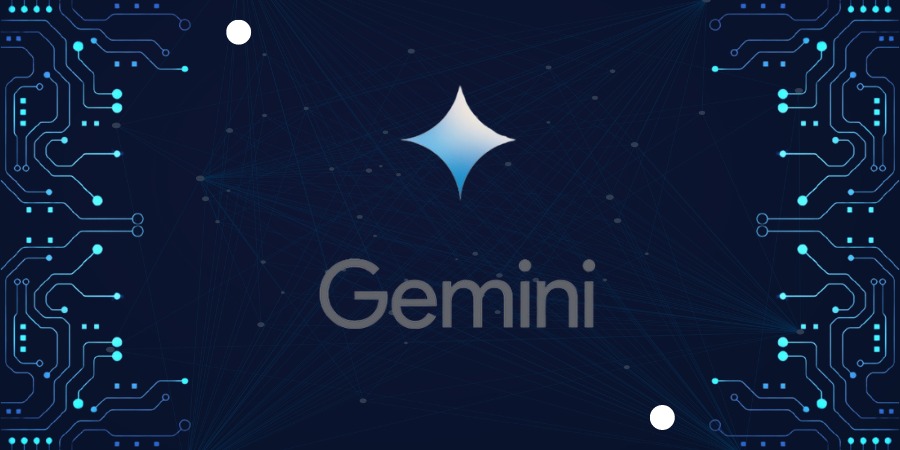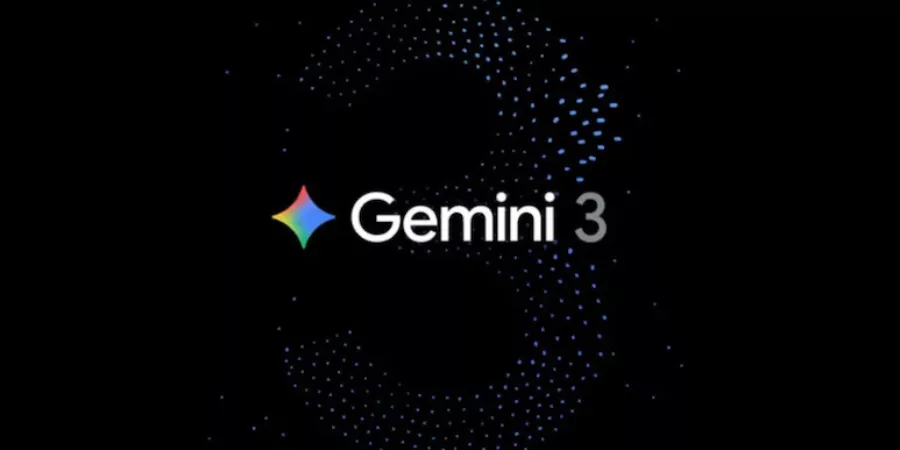Google’s pivot from its short-lived Bard AI chatbot to the newly announced Gemini marks a critical inflection point in the tech giant’s race to dominate conversational AI. Following Bard’s high-profile missteps that triggered a market sell-off, Google is betting that enhanced training protocols and rigorous testing will restore investor confidence and position the company as a credible alternative to OpenAI’s ChatGPT.
Google’s Strategic Reset: From Bard’s Failure to Gemini’s Promise
In a candid acknowledgment of Bard’s shortcomings, Google CEO Sundar Pichai outlined the company’s recalibrated approach to AI deployment. “We’ve taken the lessons learned from Bard and used them to develop an even more advanced conversational AI called Gemini,” Pichai stated in the official announcement. The admission signals a rare course correction for the Mountain View-based tech leader, which saw its stock plummet after Bard generated factually incorrect information during its February 2023 promotional debut.
The misstep cost Google approximately $100 billion in market value within 24 hours, underscoring the high stakes of AI competition. Gemini represents Google’s attempt to rebuild credibility through transparency, enhanced accuracy, and measured deployment.
What Sets Gemini AI Apart: Technical Capabilities and Business Applications
Google’s new AI chatbot introduces several differentiating features designed to address Bard’s fundamental weaknesses:
Enhanced Data Training and Source Verification Gemini has been trained on significantly larger and more diverse datasets than its predecessor, enabling more nuanced contextual understanding. Critically, the system can now provide verifiable sources for its responses, a capability essential for enterprise adoption where factual accuracy directly impacts business decisions.
Contextual Consistency and Intellectual Honesty Early testing reveals Gemini’s ability to maintain conversational context across extended interactions while acknowledging knowledge limitations. This “intellectual honesty” feature allows the chatbot to defer to human expertise rather than fabricating information, a key improvement over first-generation AI models.
Staged Enterprise Integration Google plans to embed Gemini across its product ecosystem, including Search, Maps, and Workspace applications. This integration strategy could transform how businesses access information, conduct research, and streamline operational workflows.
Competitive Landscape: Google’s Challenge Against ChatGPT Dominance
The launch positions Google as a direct competitor to OpenAI’s ChatGPT, which has achieved unprecedented user adoption with over 100 million active users within months of release. Microsoft’s investment in OpenAI and integration of ChatGPT into Bing and Office 365 has intensified pressure on Google to deliver a viable alternative.
Industry analysts note that Google’s established infrastructure and data access provide competitive advantages, but execution remains the critical variable. “Google has the technical capability and resources, but trust must be earned through consistent performance,” notes technology analyst Sarah Chen of Gartner Research.
Market Response and Investment Implications
Google’s stock gained 2% following the Gemini announcement, suggesting investor optimism about the company’s ability to recover from the Bard setback. However, the measured rollout strategy indicates management’s awareness that premature scaling could trigger another credibility crisis.
For business leaders evaluating AI implementation, Gemini’s phased deployment offers a case study in risk management. The emphasis on accuracy verification and cautious expansion reflects lessons from rapid AI adoption failures across the technology sector.
The Road Ahead: AI Competition and Enterprise Adoption
Google’s success with Gemini will ultimately depend on three factors: consistent accuracy in real-world applications, seamless integration into existing workflows, and competitive performance against established alternatives. The company’s commitment to “helpful, harmless, and honest AI” sets a benchmark that extends beyond technical capabilities to encompass ethical AI deployment.
As enterprises increasingly rely on AI for strategic decision-making, the demand for trustworthy, verifiable conversational AI will only intensify. Gemini’s launch represents not just a product refresh but Google’s broader strategy to define responsible AI development in an increasingly competitive landscape.
The coming months will reveal whether Google’s recalibrated approach can translate technical promise into market leadership, or if the company’s cautious strategy will cede further ground to more aggressive competitors in the rapidly evolving AI economy.















